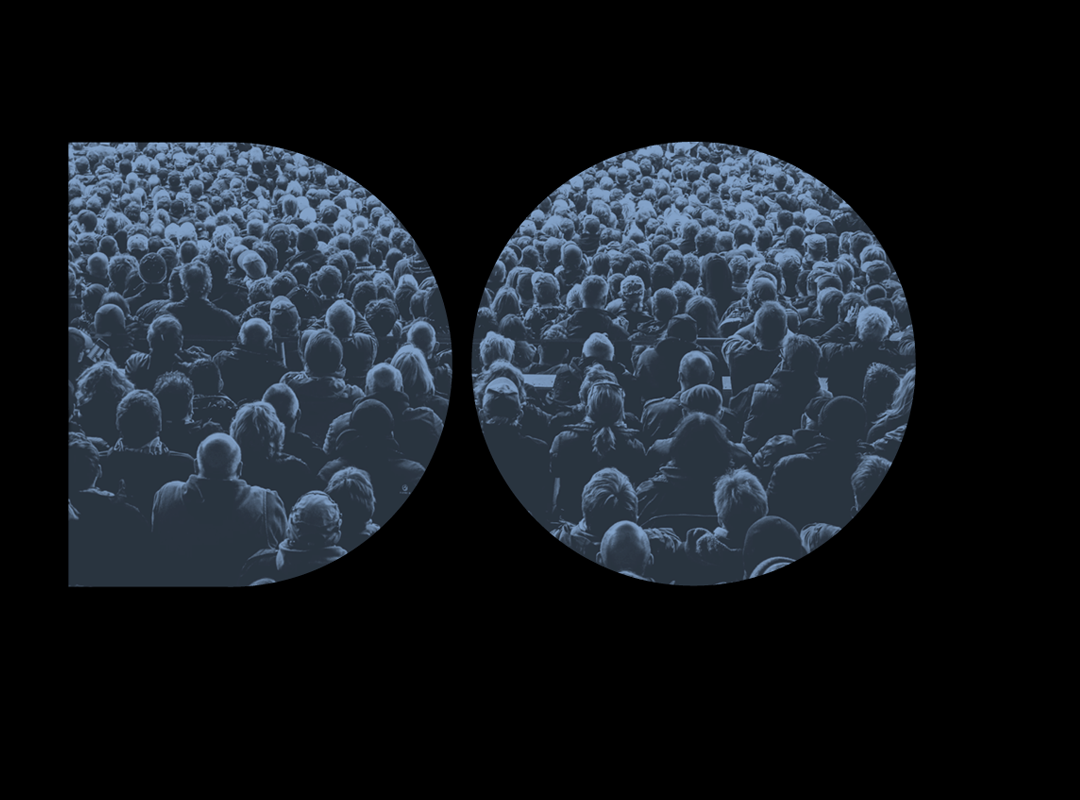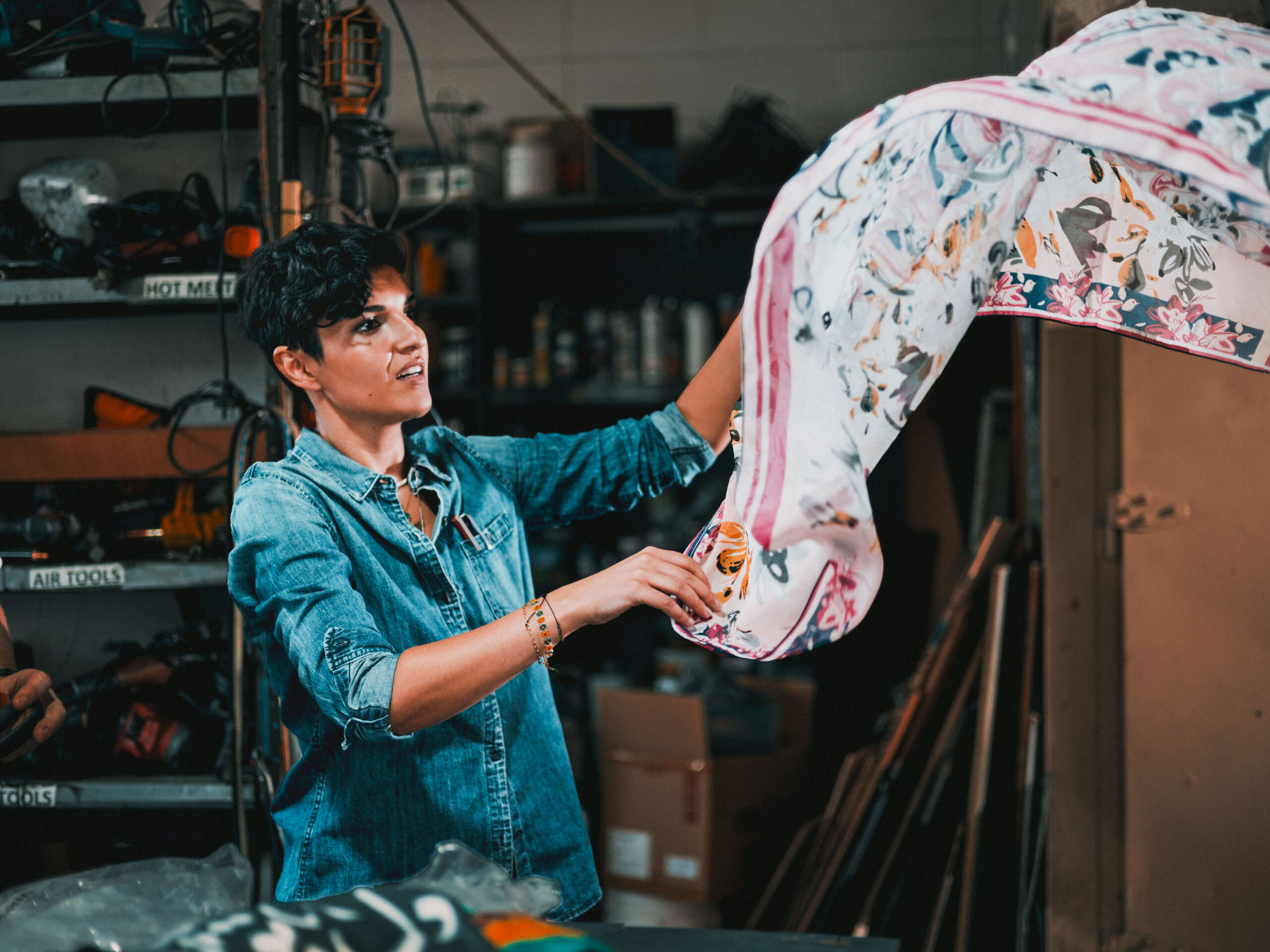
July 10, 2010
Heavens

Very very late in both cases, but after being stuck in sticky Brooklyn in my own house for weeks, I feel I finally managed to visit back-to-back versions of my idea of heaven.
The first was filmic: A Single Man, Tom Ford’s tribute to 1960s style (those dreamy narrow lapels) and the past invisibility of gay love, spends enough time on the details of John Lautner’s 1949 Schaffer House to satisfy all yearnings. The use of glass to fill in the gaps in the single-story, wood frame structure flipped the emphasis on transparency that’s more familiar in houses of the Case Study era, and served as a perfect metaphor for a protagonist too old to be open. Unlike everything else in the movie, the architecture wasn’t fussy, and didn’t feel like a fetish.

![]()
The second was real: family trip to Dia:Beacon that worked out better than I could have hoped. I lured my son with the promise of “tunnels” but was afraid he’d be disappointed when they turned out to be Torqued Ellipses. Not disappointed. Only one guard said anything to me about the child, and that was to warn me about the broken glass.
My favorite installation was Imi Knoebel’s 24 Colors, new artist and work to me. Sure, Ellsworth Kelly did it better, but it was a beautiful promenade past the floating shapes, and in a museum where red string can seem bright, to see the industrial skylights illuminating lime and maroon and sunflower was refreshing.

Observed
View all
Observed
By Alexandra Lange
Related Posts

Business
Courtney L. McCluney, PhD|Essays
Rest as reparations: reimagining how we invest in Black women entrepreneurs

Design Impact
Seher Anand|Essays
Food branding without borders: chai, culture, and the politics of packaging

Graphic Design
Sarah Gephart|Essays
A new alphabet for a shared lived experience

Arts + Culture
Nila Rezaei|Essays
“Dear mother, I made us a seat”: a Mother’s Day tribute to the women of Iran
Recent Posts
Candace Parker & Michael C. Bush on Purpose, Leadership and Meeting the MomentCourtney L. McCluney, PhD|Essays
Rest as reparations: reimagining how we invest in Black women entrepreneurs Food branding without borders: chai, culture, and the politics of packaging Why scaling back on equity is more than risky — it’s economically irresponsibleRelated Posts

Business
Courtney L. McCluney, PhD|Essays
Rest as reparations: reimagining how we invest in Black women entrepreneurs

Design Impact
Seher Anand|Essays
Food branding without borders: chai, culture, and the politics of packaging

Graphic Design
Sarah Gephart|Essays
A new alphabet for a shared lived experience

Arts + Culture
Nila Rezaei|Essays

 Alexandra Lange is an architecture critic and author, and the 2025 Pulitzer Prize winner for Criticism, awarded for her work as a contributing writer for Bloomberg CityLab. She is currently the architecture critic for Curbed and has written extensively for Design Observer, Architect, New York Magazine, and The New York Times. Lange holds a PhD in 20th-century architecture history from New York University. Her writing often explores the intersection of architecture, urban planning, and design, with a focus on how the built environment shapes everyday life. She is also a recipient of the Steven Heller Prize for Cultural Commentary from AIGA, an honor she shares with Design Observer’s Editor-in-Chief,
Alexandra Lange is an architecture critic and author, and the 2025 Pulitzer Prize winner for Criticism, awarded for her work as a contributing writer for Bloomberg CityLab. She is currently the architecture critic for Curbed and has written extensively for Design Observer, Architect, New York Magazine, and The New York Times. Lange holds a PhD in 20th-century architecture history from New York University. Her writing often explores the intersection of architecture, urban planning, and design, with a focus on how the built environment shapes everyday life. She is also a recipient of the Steven Heller Prize for Cultural Commentary from AIGA, an honor she shares with Design Observer’s Editor-in-Chief,